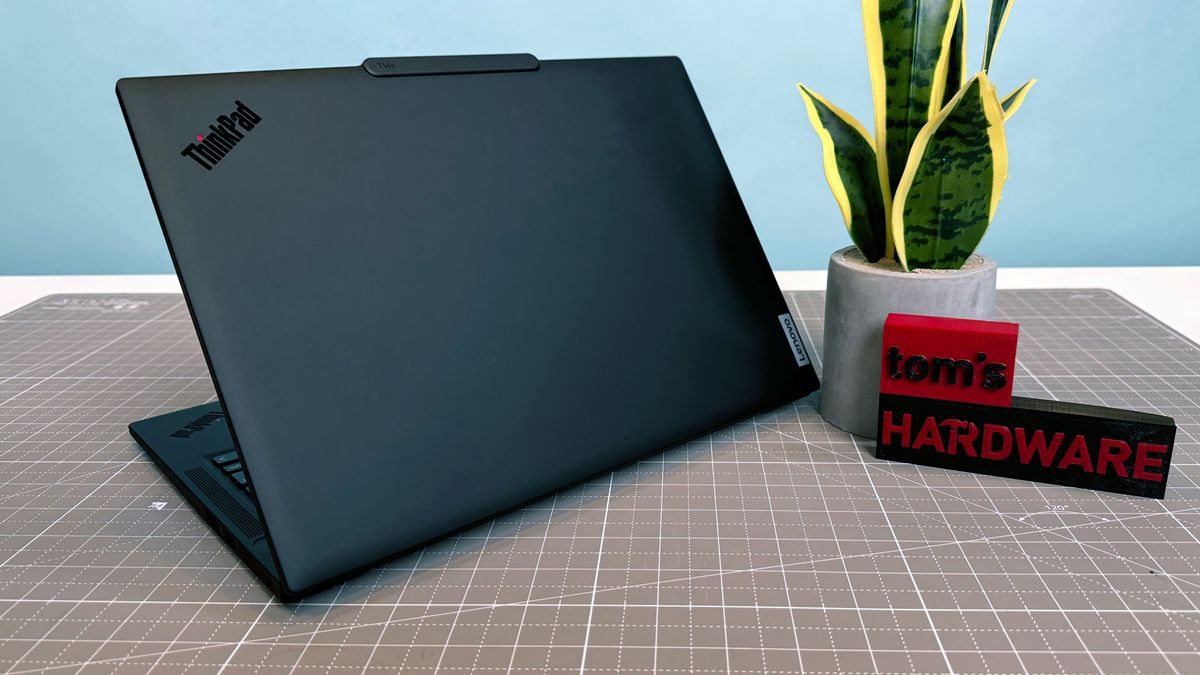PC and laptop sales are very very strongly hurt by old stock. Things are not as bad as when Haswell laptops managed to stay in shelves for 5 years, but close to it. Intel might suffer again for trying to hold prices on old dies again.
The thing with the lion share of laptops: they are sold to Asia, and third world countries. USA is 1/4 of the market, but only by volume.
Most of laptops in the world are bought as a personal purchase, overpriced business laptops only sell well the USA, and parts of Western Europe.
Dell, HP, Apple are bad sells in most of Asia outside of mainland China, and they long neglected South Asia. There, Taiwanese brands reign supreme, and contend with Lenovo.
In Asia, buyers look at laptops as people look on desktops on other markets. People are surprised that huge gaming laptops are actually selling so well for non-gaming use.
This is I think the same as why Asia has preference for huge smartphones: many buy 7 inch screen phones as a dedicated video player. It's not because people are that rich, but because they are actually trying to save on buying a separate gadget. In USA many people own digital cameras, in Asia, people would rather put money into a smartphone with ridiculous camera specs with optical zoom, and etc.

 www.tomshardware.com
www.tomshardware.com





